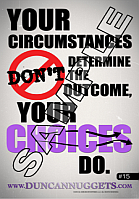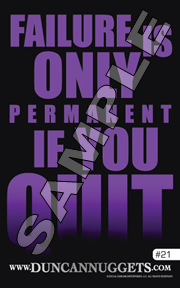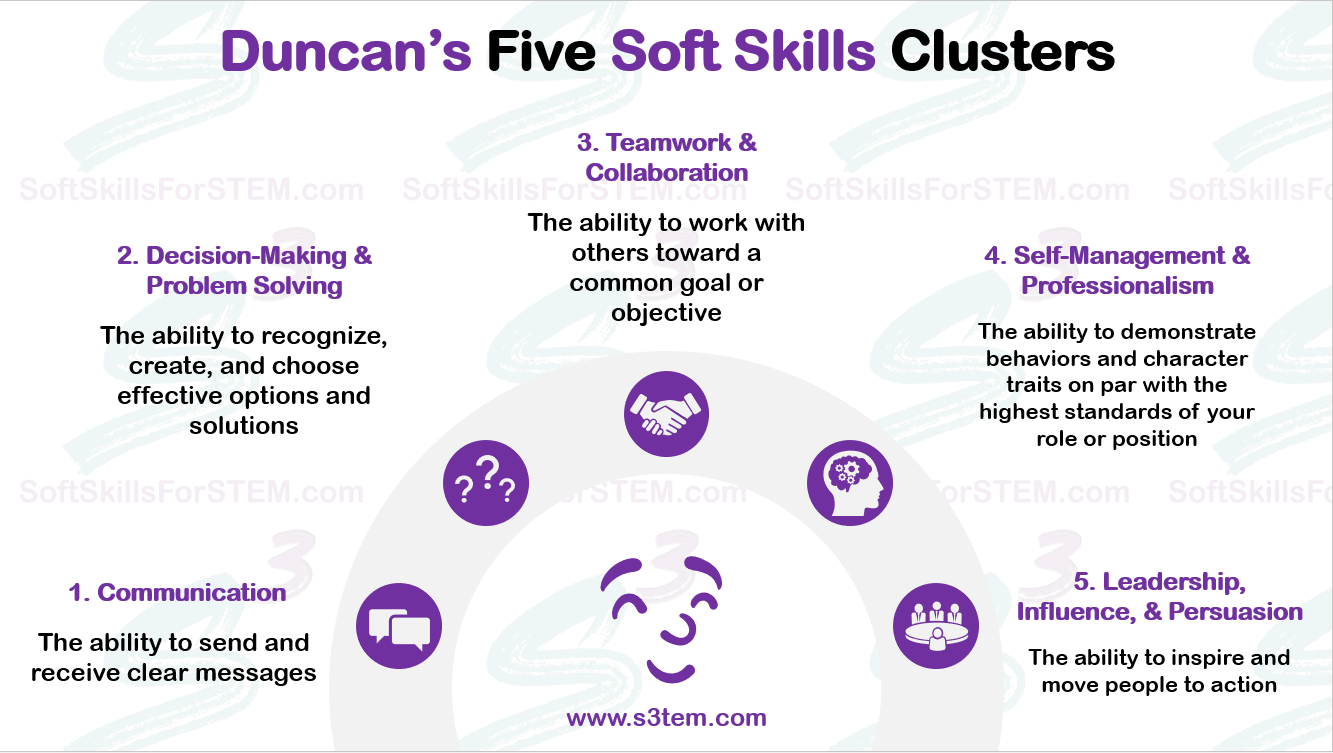In Plastic We Trust: 4 Keys for Smart Credit Card Use Pt. 2
 (continued from part 1)
(continued from part 1)
2. Delayed Gratification and Impulse Control
Practice delayed gratification and impulse control to develop your money smarts.
We live in a “broadband” society. Everything is about high speed. Everything is about “now”. (Except for hard work- people always want to delay that, right?)
As a result of this mindset- in all facets of life, not just finances- delayed gratification and impulse control have become seldom seen phenomena. And that is a shame because many a debacle in life is caused by impulsive behavior.
How many times have you made a spur-of-the-moment decision and regretted it later? How many times have you gone to the store to get one thing, but ended up coming back with three or four things? Maybe you even came back with something totally different.
For most people, the first thing they do when they get more money is spend more money; the more credit they have available the more they charge.
People with money smarts have a different philosophy. The more money they get the more they save and invest. And the more available (unused) credit they have the more they are prepared to deal with emergencies.
DELAYED GRATIFICATION
Delayed gratification is the marriage of discipline and patience. It is the ability to distinguish between temporary fun and permanent consequences. Know that you will avoid a lot of problems and frustrations in all areas of your life by mastering delayed gratification.
To master delayed gratification you must:
*Understand that it’s simple, but far from easy to master this skill.
*Identify your most important goals and values.
*Constantly ask yourself: “How might this action or decision impact my goals and *values? Am I okay with that now and in the long run?”
*Practice delayed gratification often, even on minor things, until it becomes second nature.
IMPULSE CONTROL
Impulse control is the triumph of logic and reasoning over impulsive behavior. It is the ability to think clearly in the moment instead of acting blindly. Like delayed gratification, mastering impulse control is simple, but challenging because it requires you to:
*Pause in the heat of the moment and think of the ramifications of your actions and decisions so that you can make a wise choice.
You want to control your impulses before and after you get a credit card. Have you ever been in a store and they offered you a chance to receive a discount on your purchase by applying for a store card?
It happens all the time and people don’t even bother to read the fine print. It’s love at first sight. They fall in love with the plastic. They just impulsively sign up and then impulsively start purchasing things. Not good.
Did you know…
…that all new credit cards will have the words “In Plastic We Trust” stamped on them?
I’m just kidding. New credit cards may not have those words stamped on them, but those words are stamped on the minds of many credit card users.
At a business networking event one night, a college-age entrepreneur tried his best to convince me that his available credit was a part of his net worth.
Absurd.
Since when did credit become synonymous with cashflow? And when did debt become synonymous with asset?
To become more finacially literate and avoid any confusion about the terms, conditions, and usage of your card you want to do some…
(continued in part 3)
- Categories: ArticlesCharacter DevelopmentMoney & EntrepreneurshipPersonal DevelopmentSoft SkillsTeenYoung Adult






